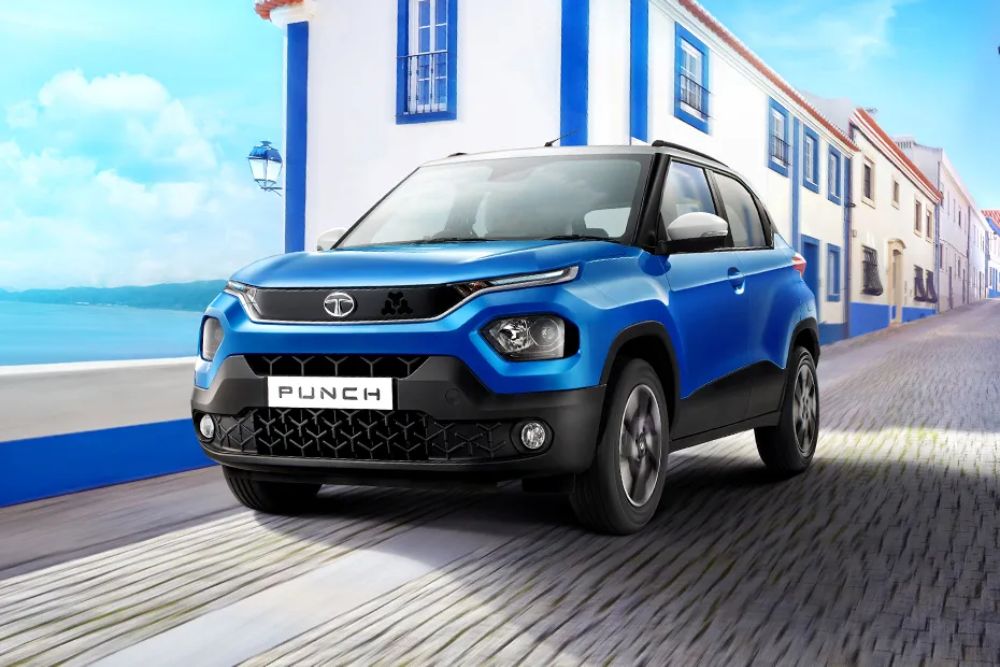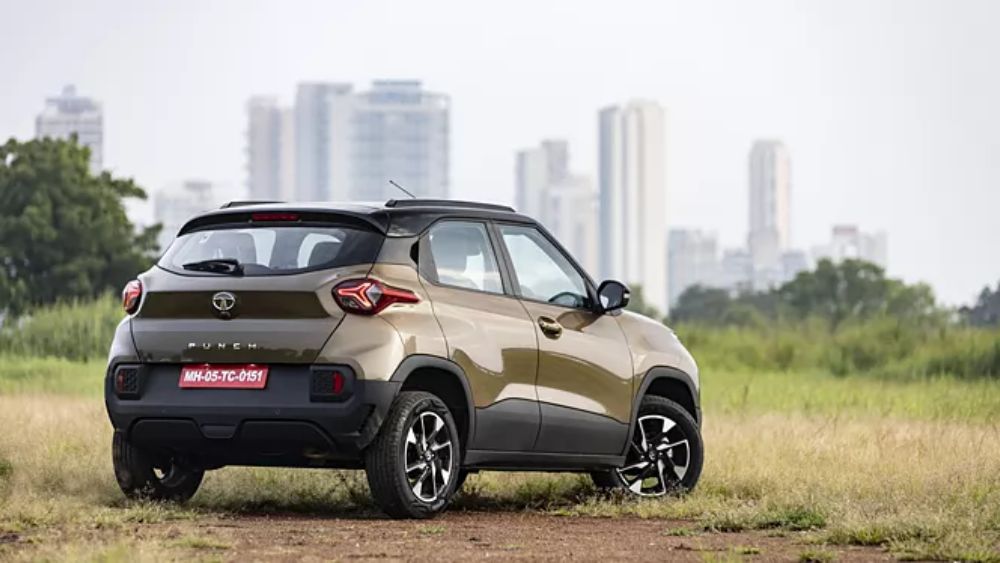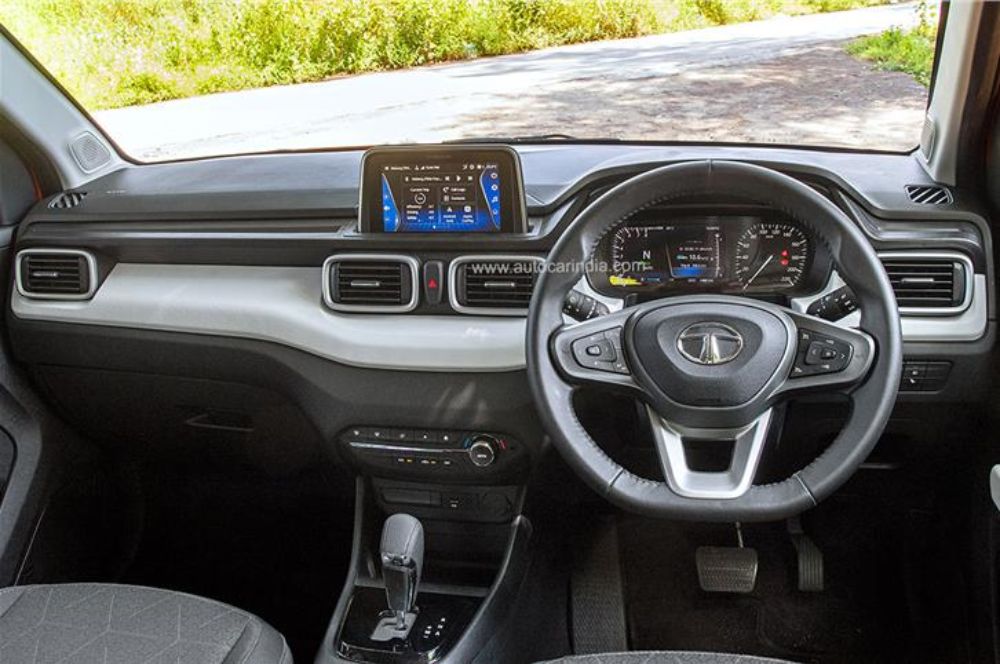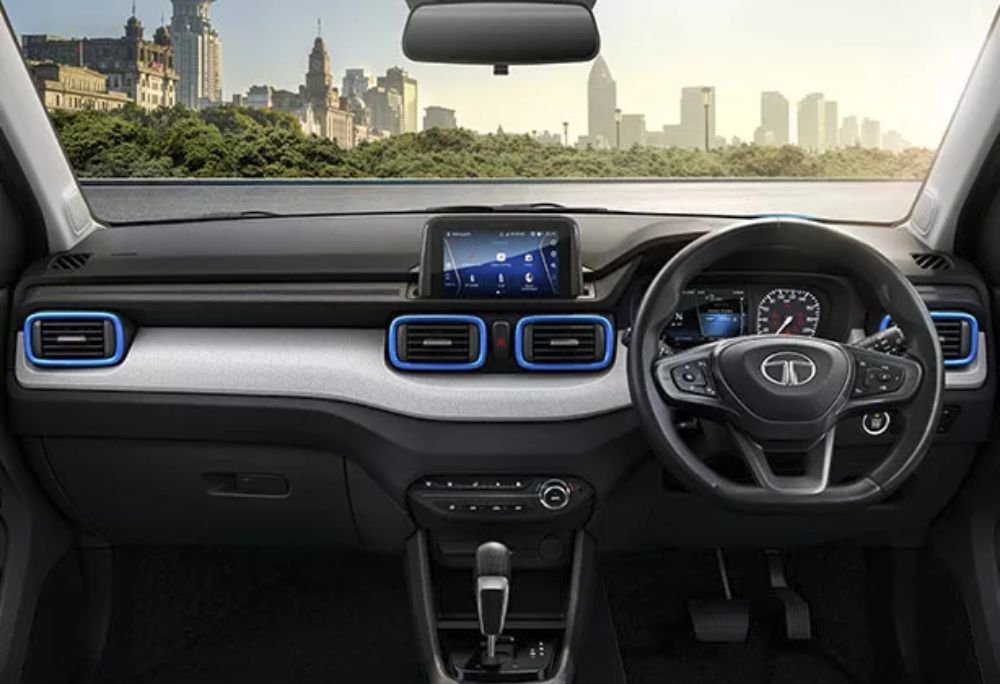Tata Passenger Electric Mobility (TPEM), the electric vehicle subsidiary of Tata Motors, has revealed its latest innovation, Punch.ev, based on the cutting-edge ‘acti.ev’ architecture. This new platform, described as a compact vehicle architecture, will serve as the foundation for upcoming electric models, including the Harrier EV, Curvv EV, and Sierra EV.

acti.ev – A Technologically Advanced Platform:
TPEM introduced ‘acti.ev’ as an acronym for Advanced Connected Tech-Intelligent Electric Vehicle. According to Anand Kulkarni, Chief Products Officer, the architecture focuses on performance, technology, modularity, space, and efficiency. Designed to deliver class-leading efficiencies, maximise space, and enhance the overall driving experience, acti.ev is hailed as a global-ready, future-facing pure electric architecture.

Booking and Pricing Details:
Starting January 5, customers can reserve their Punch.ev by paying a token amount of Rs 21,000. The official price range for Punch.ev will be disclosed during the launch later this month. Kulkarni expressed confidence that Punch.ev, as the introduction to the next generation of EVs from TPEM, will continue to captivate the growing community of electric vehicle enthusiasts.

Revolutionary acti.ev Features:
The acti.ev platform boasts an “optimised battery pack design” with a remarkable 10 percent improvement in energy density. Offering multiple range options from 300 km to 600 km, acti.ev supports 7.2kW to 11kW onboard charger for AC fast charging and DC fast charging up to 150kW. The architecture’s modularity allows for selecting the right drivetrain option between AWD, RWD, and FWD.

Technological Advancements and Future-Proofing:
The platform provides higher computing powers with ADAS level 2 capabilities and includes the cloud architecture Arcade.ev, an in-car app suite. Kulkarni emphasised that acti.ev is designed to be future-proof, enabling the implementation of software-oriented features that keep the vehicles technologically advanced.

Strategic Investments and Future Plans:
Tata Motors had previously committed to investing around $2 billion in battery-powered vehicles by 2027. Simultaneously, the company is reinforcing its domestic electric vehicle supply chain by establishing a battery manufacturing facility in Gujarat. Electric car production is set to commence at the Sanand plant, acquired from Ford Motor Company.

Industry Trends:
In a similar stride, Mahindra and Mahindra (M&M) unveiled five new electric SUVs based on its purpose-built Inglo platform, utilising components from the Volkswagen MEB platform. Positioned under Mahindra’s EV brands – XUV and the new electric-only brand BE, the e-SUVs are priced in the range of Rs. 15-40 lakh.

Tata Motors continues to lead the charge in the electric mobility revolution with the unveiling of Punch.ev, a testament to the company’s commitment to innovation and sustainable transportation solutions. As the electric vehicle market expands, Tata Motors positions itself at the forefront with advanced technologies and a future-ready approach.
